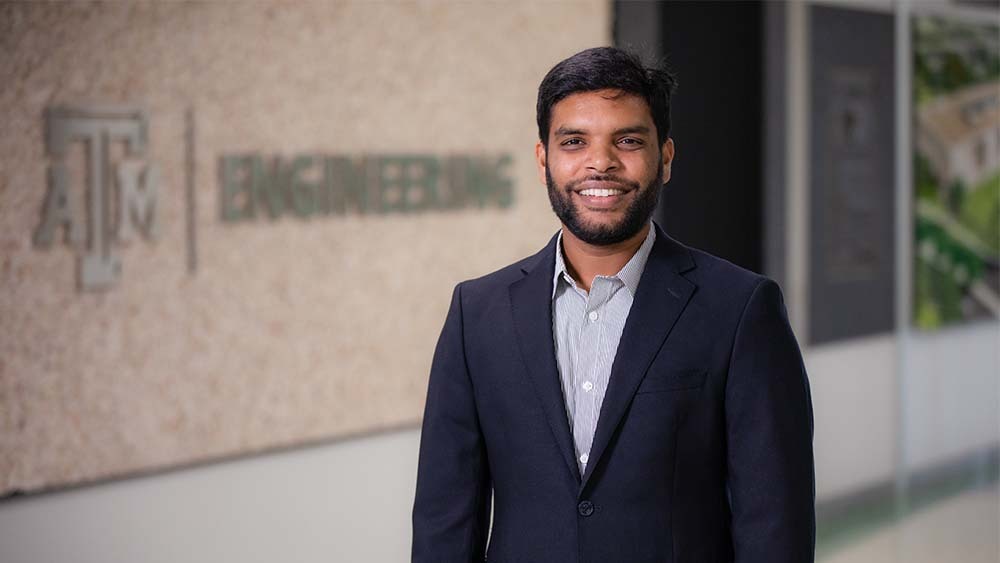
Dr. Jeyavijayan "JV" Rajendran was awarded the Intel Security Academic Leadership Award at the 2021 USENIX Security Conference for his collaborative work alongside Dr. Ahmad Reza Sadeghi from the Technische Universität Darmstadt to design and organize the world's largest hardware security competition, HACK@Event.
HACK@Event was jointly created by members of Rajendran’s Secure and Trustworthy Hardware Lab and Sadeghi’s research team. It is an industry-first hardware security capture the flag competition with the mission to train hardware security experts, design and develop advanced methodologies and automated tools for detecting hardware security vulnerabilities, and aid community testing and open sourcing. The competition mimics the real-life scenario where security engineers have to find vulnerabilities in a given design.
“Through HACK@EVENT, we educate product engineers and raise their proficiency in designing secure hardware,” said Jason Fung, director of academic research engagement and offensive security research at Intel. “We encourage researchers to innovate on scalable methodologies that help to detect vulnerabilities in the increasingly complex system-on-a-chip (SoC) designs. We share with the community an open SoC platform for research, education and benchmarking of tools.”
The Intel Security Academic Leadership Award recognizes individuals who demonstrate excellence, innovation and leadership in advancing the global security research community. Rajendran and Sadeghi were acknowledged for their commitment to educating the next generation of security researchers, for fostering a security-first mindset and for their continued partnership to advance the discipline of hardware design.
Rajendran’s research interests are in hardware security with a specific focus on supply chain vulnerabilities and bug detection. His research has won many awards, such as the National Science Foundation Faculty Early Career Development Program Award, the Association for Computing Machinery's Special Interest Group on Design Automation Outstanding Young Faculty Award and the Texas A&M Engineering Experiment Station’s Genesis Award for Multidisciplinary Research.